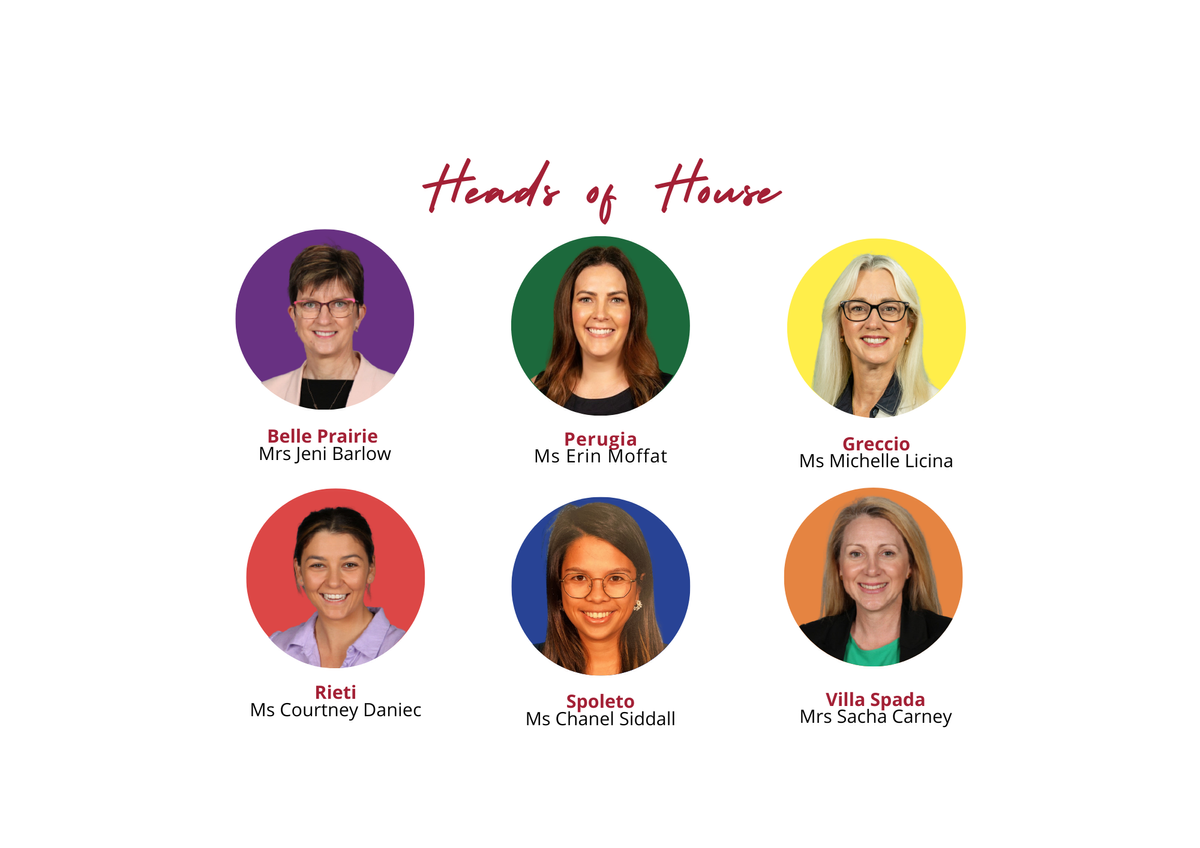Heads of House

Why Asking for Advice Can be More Effective Than Asking for Feedback
This week our students will have the formal opportunity, alongside their parents and guardians, to seek subject specific feedback from their teachers. As educators, we know that feedback is a critical component of learning and growth for our students. Feedback provides them with valuable insights into their performance, allows them to identify areas where they need advancement and make changes accordingly. However, it can also be difficult to receive, even if it is constructive.
New research has shown that how we approach feedback can have a significant impact on its effectiveness. In a recent study by Harvard Business School (2019), 200 people were asked to provide input on a job application letter for a tutoring position. Some were asked to provide feedback, while others were asked to provide advice. The results were fascinating. Those who were asked to provide feedback tended to give vague, generally praising comments. For example, one reviewer wrote, “This person seems to meet quite a few of the requirements. They have experience with kids, and the proper skills to teach someone else.
Overall, they seem like a reasonable applicant (Harvard Business School, 2019).” However, when the same people were asked to provide advice, they offered more critical and actionable input. In fact, compared to those asked to give feedback, those asked to provide “advice” suggested 34% more areas of improvement and 56% more ways to improve (Harvard Business School, 2019).
Asking for advice instead of feedback, reframes people’s mindset to be less evaluative, and to focus more on possible future actions. If we ask others for advice, they will be more likely to think forward to future opportunities to improve.
So, how do we encourage our students to bridge the gap between feedback and advice?
- Ask for advice instead of feedback. This will create an environment that promotes critical thinking and thoughtful responses. This is especially important in educational settings, where students need specific and actionable strategies to improve.
- Conversations where advice is offered are a two-way street. When someone provides advice, we should respond with gratitude and openness. Even if the advice is not what we want to hear, we can still use it to improve and grow.
Approach advice with an open mind and a willingness to learn. By using language that encourages constructive criticism and actionable feedback, we can create an environment that promotes growth and success for our students at Mount Alvernia College.

